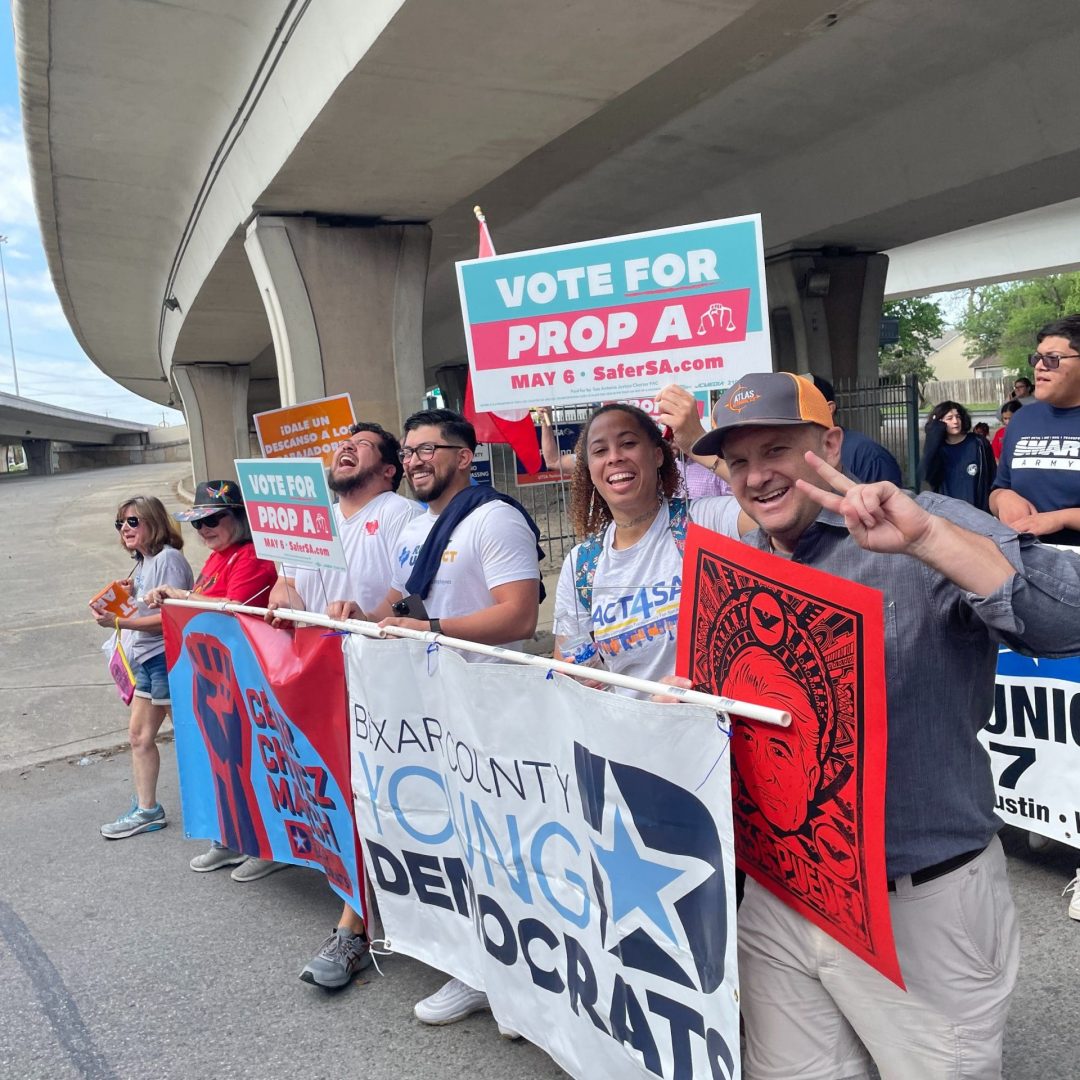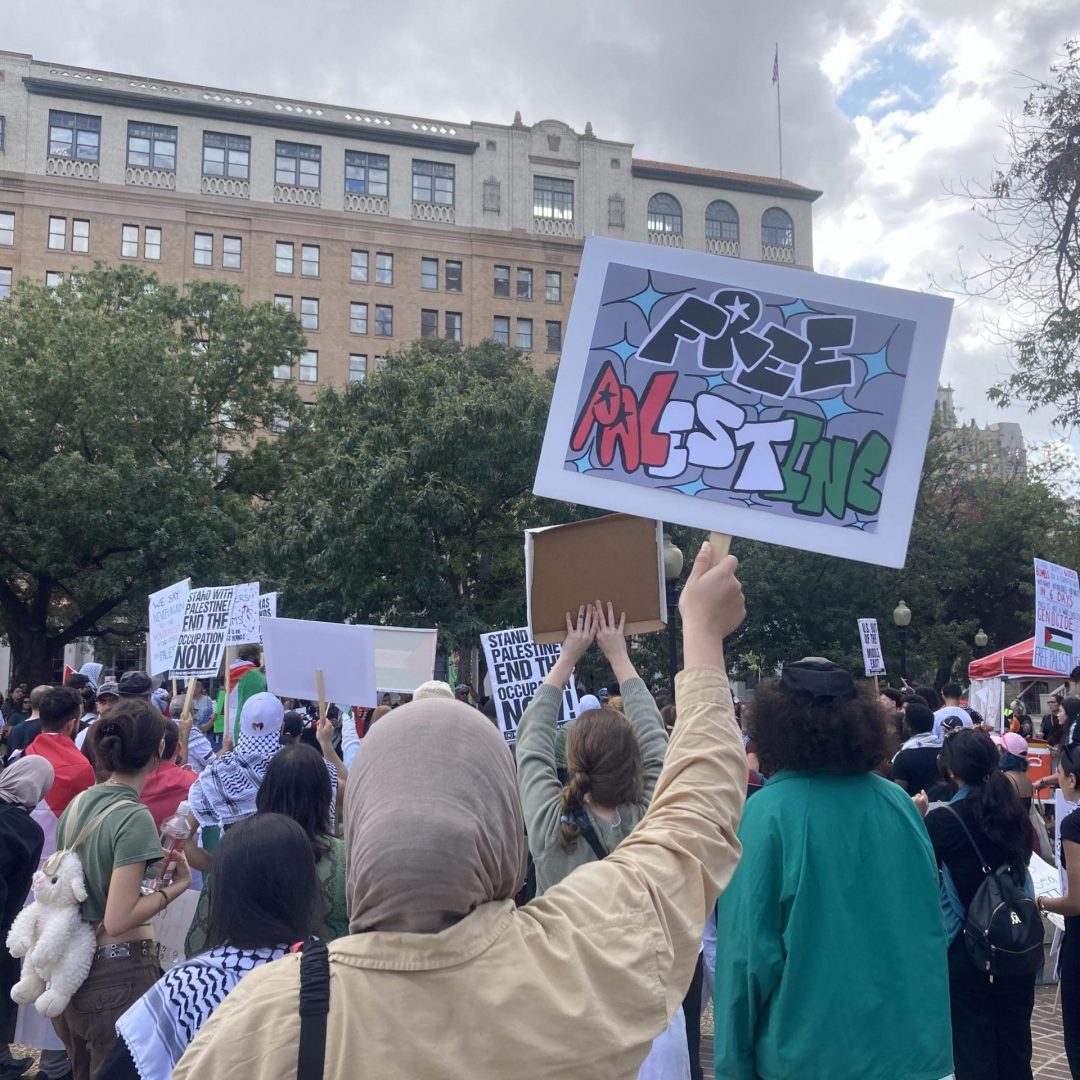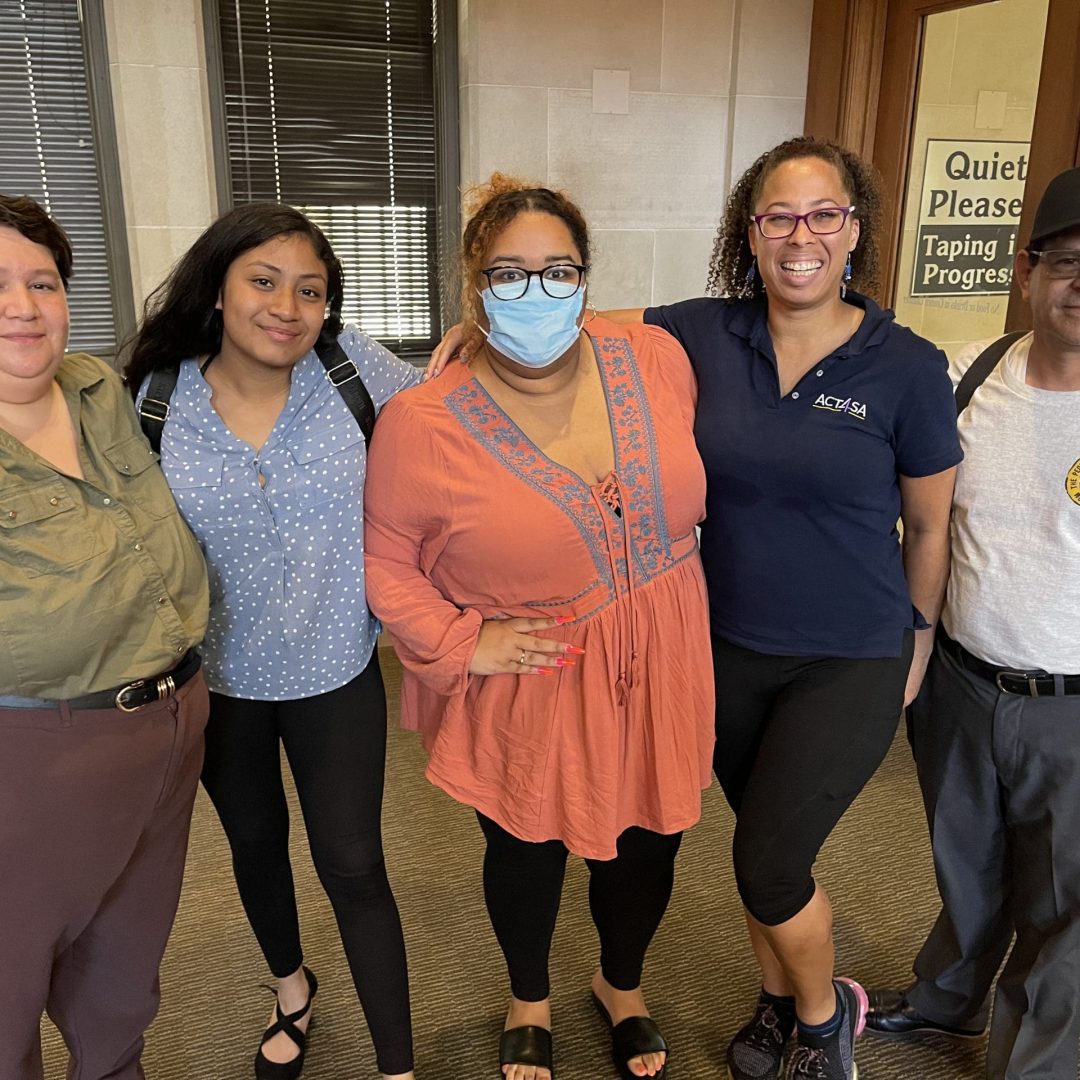
Decisions by judges have long term effects on businesses, jobs, and our individual freedoms. Therefore, voting for the right individual is crucial for not only you and your children, but your children’s children in the long term scope of things.
As a community, we NEED to elect judges who have our best interests at heart; but oftentimes we don’t.
Why is that?
In the state of Texas we often forget the importance of these individuals, and their value and power once elected. The judges you bring into office are not simply just individuals who try people in court, they are also responsible for upholding rules and regulations which may not always be the most fair. Learning about the judges on your ballot is by far one of the most beneficial things that you can do for your community.
It is our hope that this judges voter guide can help demystify our judicial court system to make your decision on judicial candidates easier and better informed.
Judges are categorized by their court, followed by a quick overview.
Each court has a brief explanation.
Clicking each picture will open to their full judge profile. Click on the smaller images to enlarge, then click the arrows to navigate through.
The judicial candidates on this page do not include everyone on the ballot. Judicial races with only one candidate on the ballot have been excluded.
Candidate bios were pulled from what was provided on their campaign websites. ACT 4 SA in no way has endorsed any candidate in this guide.
After opening individual profiles, click the arrow to view a breakdown of finances from each judge and/or their team. This is only what money was raised in 2023-2024- not spent.
All data has been provided in English and Spanish- just keep clicking through the arrows!
The data collected here has been processed through a small team with ever changing capacities. We work to be as accurate as possible. Financial data last collected Oct. 7th, 2024 from the Texas Ethics Commission website.

Democrat | 73rd Judicial District

A short description of the service and how the visitor will benefit from it.

Democrat | Supreme Court | Place 2

Republican | Supreme Court |
Place 2
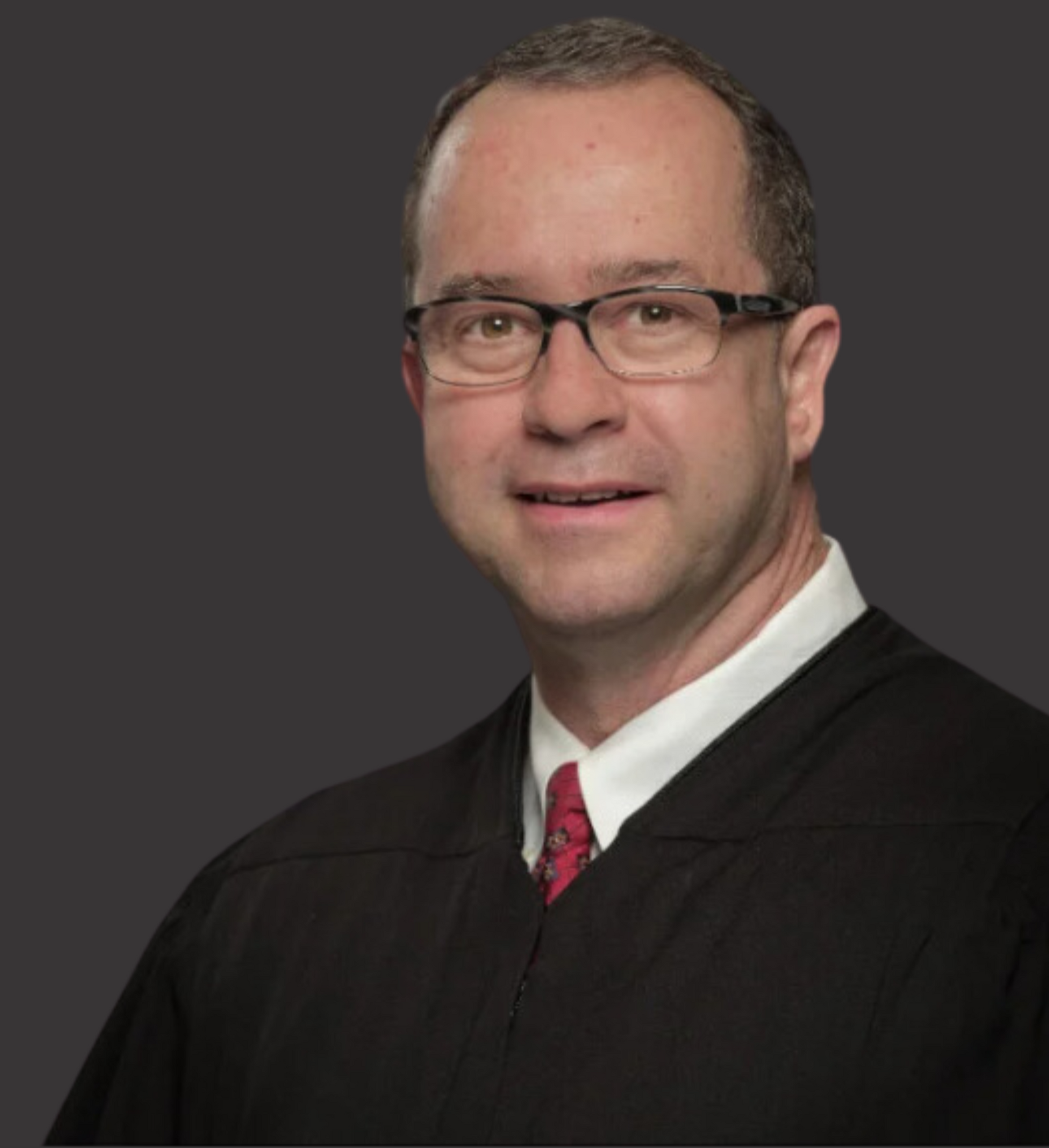
Republican | Supreme Court | Place 4

Democrat | Supreme Court | Place 4

Democrat | Supreme Court | Place 6

Libertarian | Supreme Court | Place 6

Republican | Supreme Court | Place 6
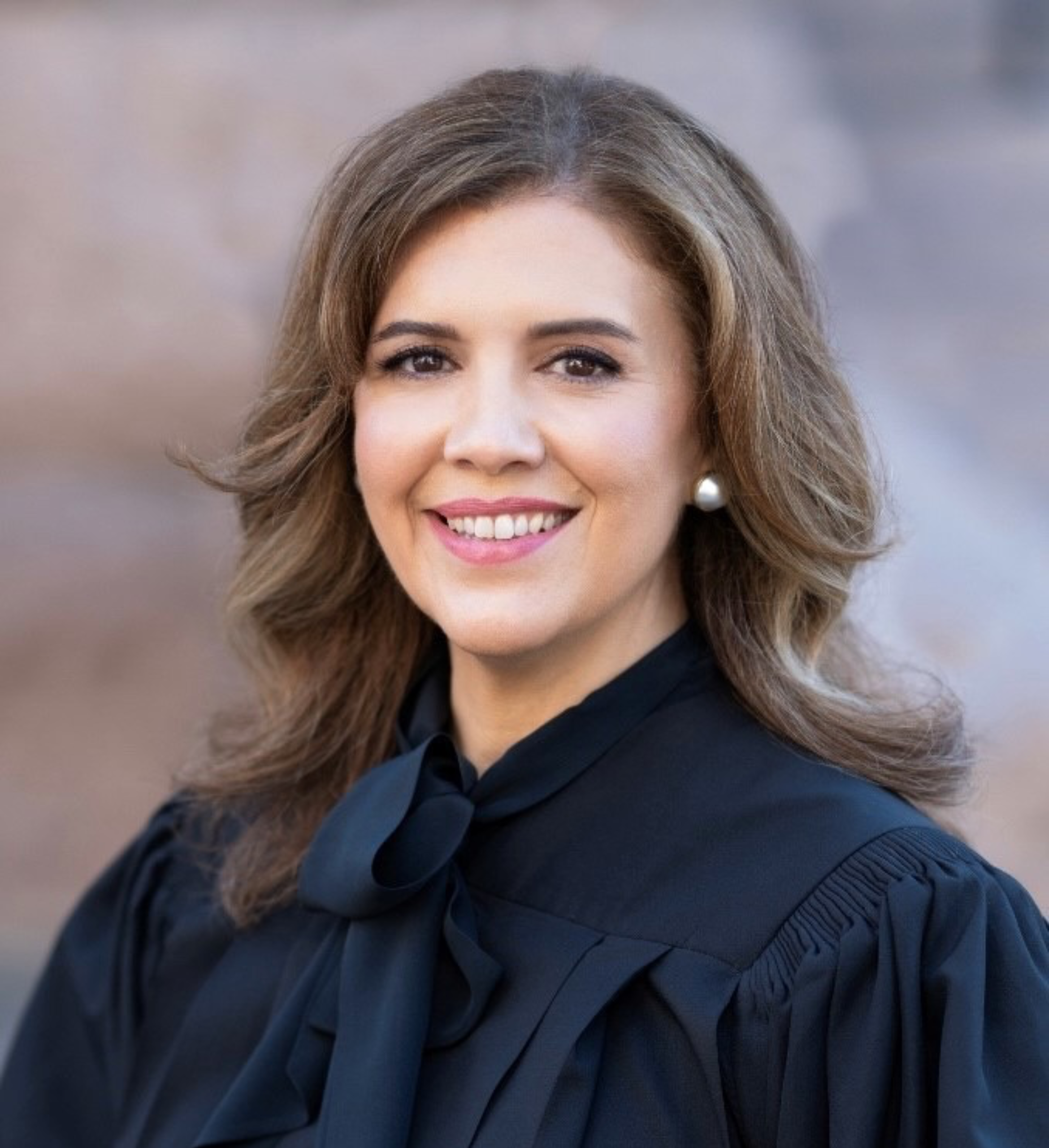
Democrat | Supreme Court | Place 4

Republican | 4th Court of Appeals District | Place 3

Democrat | 4th Court of Appeals District | Place 3

Republican | 4th Court of Appeals District | Place 4
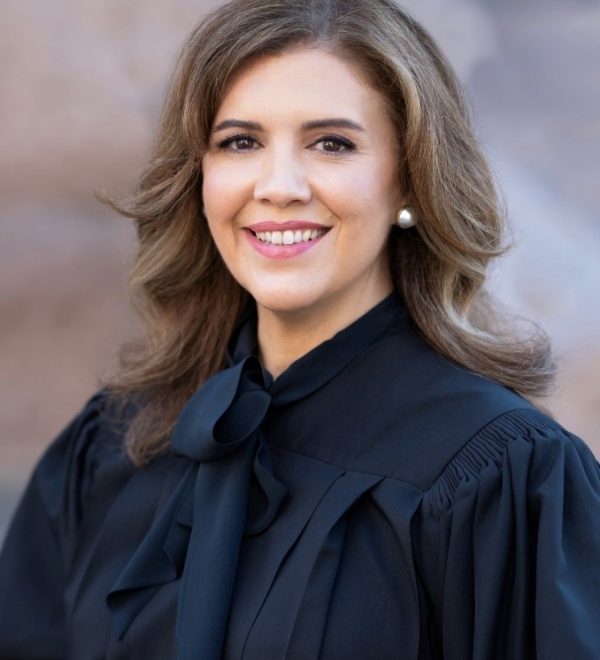
Democrat | 4th Court of Appeals District | Place 4
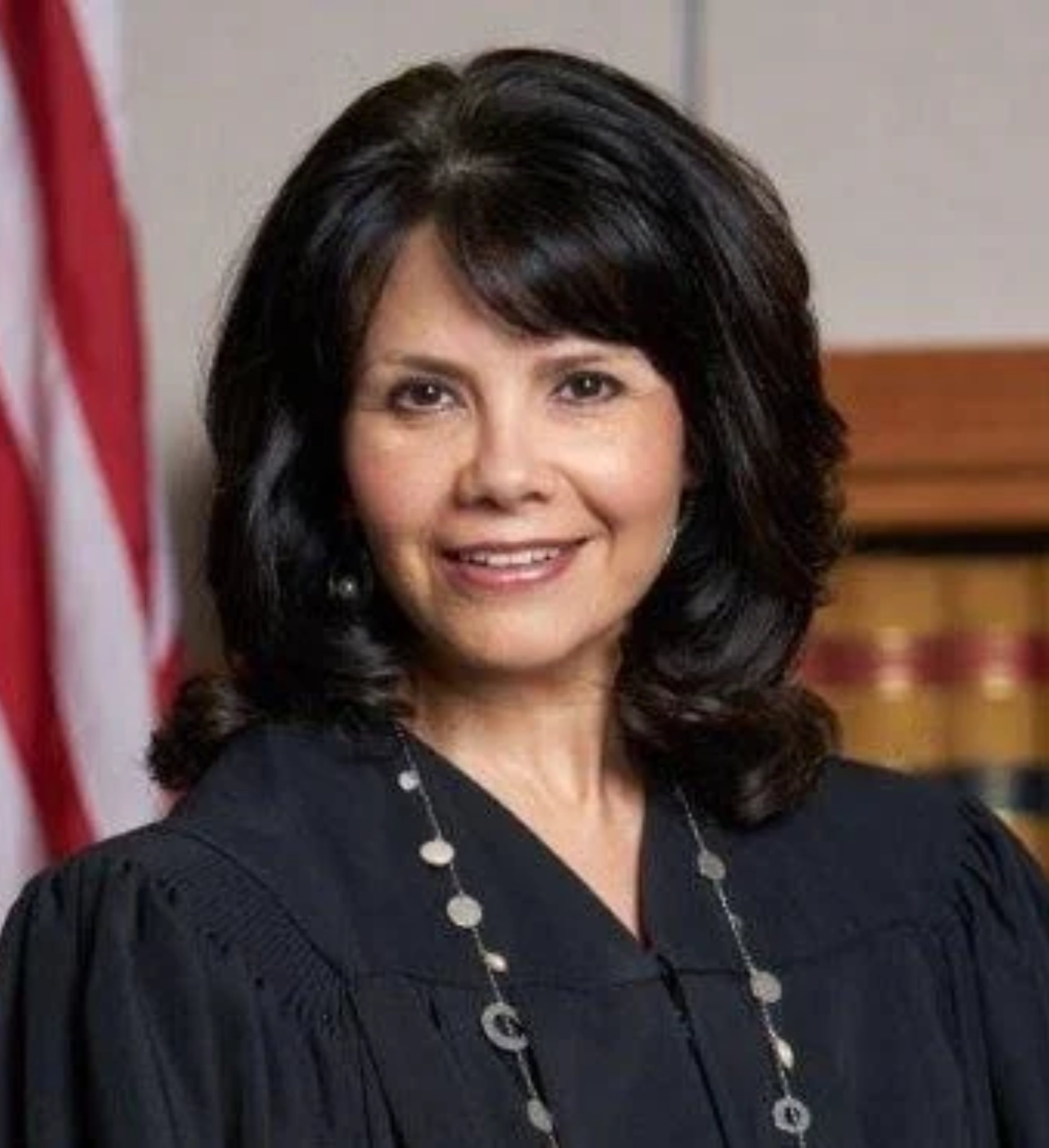
Democrat | 4th Court of Appeals District | Place 5

Republican | 4th Court of Appeals District | Place 5

Republican | Court of Criminal Appeals | Presiding Judge

Democrat | Court of Criminal Appeals | Presiding Judge

Republican | Court of Criminal Appeals | Place 7

Democrat | Court of Criminal Appeals | Place 7

Democrat | Court of Criminal Appeals | Place 8
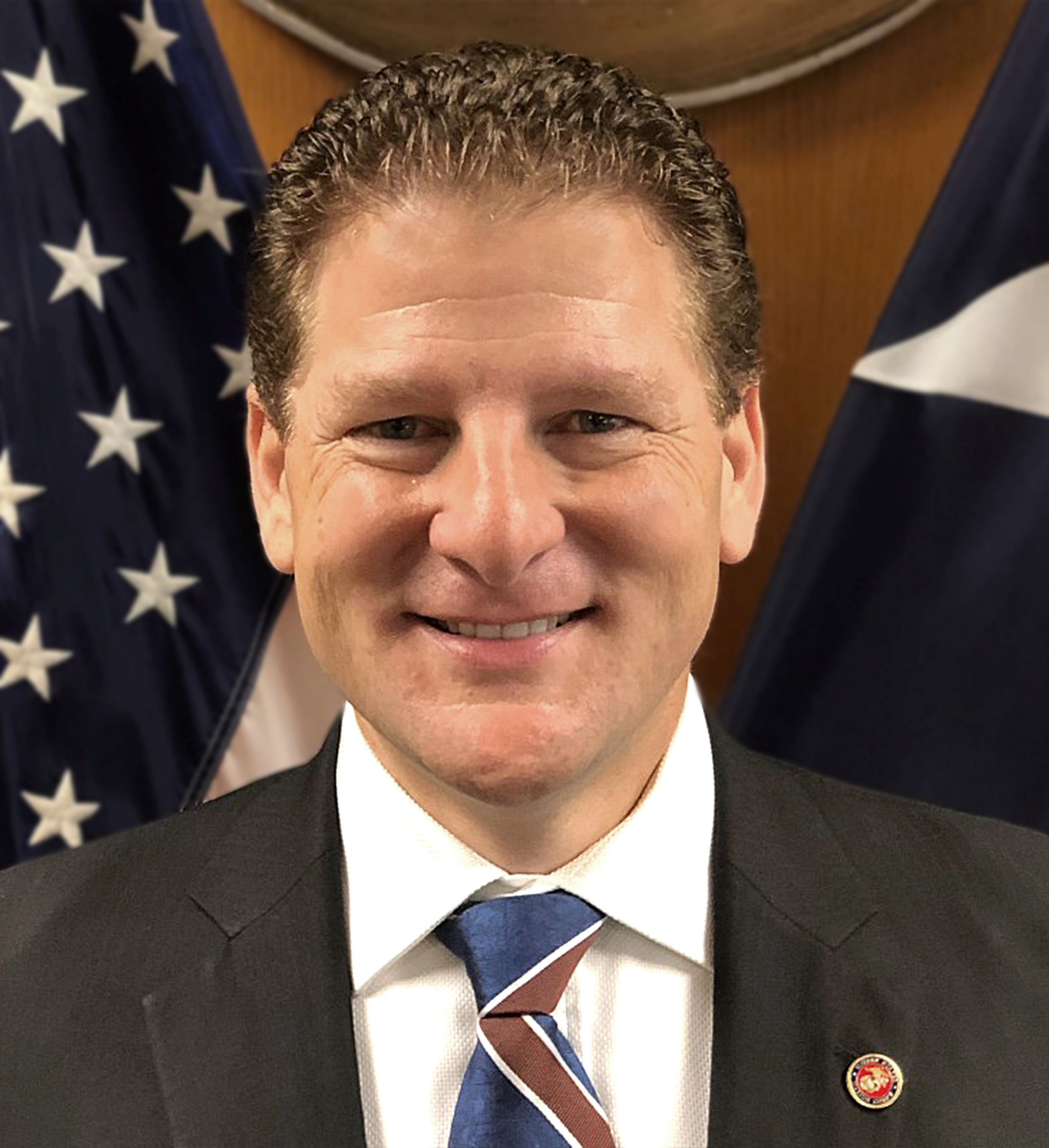
Republican | Court of Criminal Appeals | Place 8
The Texas Constitution requires each of its 254 counties to have a county court, though not all handle judicial matters. In bigger counties, the county judge may focus solely on running the county. County courts with constitutional status handle Class A and Class B misdemeanor cases, which are more serious minor offenses. They also hear appeals from justice of the peace and municipal courts, except in counties where separate county courts at law handle these appeals instead.
Because the Texas Constitution allows only one county court per county, the Legislature has established statutory county courts at law in larger counties to support the single county court in its judicial duties. These statutory county courts at law have varying legal jurisdictions defined by the statutes that create them. Their jurisdiction may overlap with both county and district courts within the county. In civil matters, the jurisdiction of most county courts at law typically falls between that of justice of the peace courts (which handle smaller cases) and district courts (which handle larger cases). County courts at law also usually serve as appellate courts for cases appealed from justice of the peace and municipal courts.
According to the Texas Constitution, each county must establish between one and eight justice of the peace precincts, depending on its population. Within each precinct, one or two justice of the peace courts are set up, also based on population. Justice of the peace courts handle Class C misdemeanor criminal cases, which are less serious minor offenses, along with minor civil matters. Justices of the peace can issue search or arrest warrants and may serve as coroners in counties without a medical examiner. They also oversee small claims cases.
The Texas Legislature has authorized the creation of municipal courts in every incorporated city in the state. Larger cities may have multiple municipal courts depending on their size and the community’s needs. These courts handle violations of city ordinances and, within city limits, they share jurisdiction with justice of the peace courts for Class C misdemeanor cases where the penalty is a small fine upon conviction. For certain city ordinances related to fire safety, zoning, and public health violations, fines can go up to $2,000 if approved by the city’s governing body. Fines up to $4,000 can be imposed for illegal dumping.
Municipal judges have the authority to issue search or arrest warrants. While municipal courts generally do not handle civil cases, they do have limited jurisdiction in cases involving concepts like ownership of dangerous dogs.
The district courts are the trial courts of general jurisdiction of Texas, and each county must be served by at least one district court.
However, it is not uncommon to see multiple district courts in urban areas.
District courts have original jurisdiction in felony criminal cases, divorce cases, land disputes, election contests, etc. Civil matters in which the amount of money or damages involved is $200 or more, and any matters in which jurisdiction is not placed in another trial court. While most district courts try both criminal and civil cases, in the more densely populated counties the courts may specialize in civil, criminal, juvenile, or family law matters.
Texas has 15 courts of appeals with intermediate appellate jurisdiction. Courts 1-14 cover both civil and criminal cases appealed from district or county courts. Each of these fourteen courts has its own specific geographical jurisdiction for a region of the state.
The 15th Court of Appeals has statewide jurisdiction and oversees matters coming from or related to a civil appeals brought by or against the state, or a board, commission, department, office, or other agency in the executive branch of state government- including universities or a place for higher education. This court also hears appeals from the Texas Business Court, which involves business disputes $10 million or more.
Each court has a chief justice and at least two other justices- though this can differ by region.
The Supreme Court of the United States (SCOTUS) stands atop the American judiciary, its authority rooted in the Constitution.
It serves as the ultimate interpreter of the Constitution, ensuring laws from Congress and lower courts align with its principles. This court tackles cases of profound constitutional significance or disputes between state laws, wielding finality in its decisions that shape national legal landscapes and establish crucial precedents for future rulings.
A state supreme court is the highest appellate court within a state’s judicial system. Each state in the United States has its own supreme court, which typically serves as the final authority on interpretations of state law and the state constitution. State supreme courts hear appeals from lower state courts, addressing significant legal issues and ensuring consistency in the application of state laws. These courts play a crucial role in shaping legal precedents and resolving complex legal disputes within their respective states.
Click each picture below to enlarge the information.
The versions start with the information in english then again in spanish.
PAC/Party: A PAC (Political Action Committee) donation is a contribution made to a PAC, which is an organization that collects and distributes funds to support or oppose political candidates, legislation, or ballot initiatives. PACs are regulated by the Federal Election Commission (FEC) and must adhere to contribution limits and disclosure requirements. Donations can come from individuals, corporations, labor unions, and other entities.
In-Kind: Donations made in the form of food, space, or any other miscellaneous form that cannot be defined as a straight monetary donation.
Out of Pocket/O.O.P (Estimate): Capital coming from the person themselves.
Click each picture below to enlarge the information.
The versions start with the information in english then again in spanish.
PAC/Party: A PAC (Political Action Committee) donation is a contribution made from a PAC, which is an organization that collects and distributes funds to support or oppose political candidates, legislation, or ballot initiatives. PACs are regulated by the Federal Election Commission (FEC) and must adhere to contribution limits and disclosure requirements. Donations can come from individuals, corporations, labor unions, and other entities. We included donations from partisan parties under this (ex: Bexar County Democrats or Canyon Lake Republican Women).
In-Kind: Donations made in the form of food, space, or any other miscellaneous form that cannot be defined as a straight monetary donation.
Out of Pocket/O.O.P: Capital coming from the person themselves. This is what they gave to their campaign, not spent directly from their pocket.
Click each picture below to enlarge the information.
The versions start with the information in english then again in spanish.
PAC/Party: A PAC (Political Action Committee) donation is a contribution made from a PAC, which is an organization that collects and distributes funds to support or oppose political candidates, legislation, or ballot initiatives. PACs are regulated by the Federal Election Commission (FEC) and must adhere to contribution limits and disclosure requirements. Donations can come from individuals, corporations, labor unions, and other entities. We included donations from partisan parties under this (ex: Bexar County Democrats or Canyon Lake Republican Women).
In-Kind: Donations made in the form of food, space, or any other miscellaneous form that cannot be defined as a straight monetary donation.
Out of Pocket/O.O.P: Capital coming from the person themselves. This is what they gave to their campaign, not spent directly from their pocket.
Other: Donations from individuals. What is often considered grassroots donors
Click each picture below to enlarge the information.
The versions start with the information in english then again in spanish.
PAC/Party: A PAC (Political Action Committee) donation is a contribution made from a PAC, which is an organization that collects and distributes funds to support or oppose political candidates, legislation, or ballot initiatives. PACs are regulated by the Federal Election Commission (FEC) and must adhere to contribution limits and disclosure requirements. Donations can come from individuals, corporations, labor unions, and other entities. We included donations from partisan parties under this (ex: Bexar County Democrats or Canyon Lake Republican Women).
In-Kind: Donations made in the form of food, space, or any other miscellaneous form that cannot be defined as a straight monetary donation.
Out of Pocket/O.O.P: Capital coming from the person themselves. This is what they gave to their campaign, not spent directly from their pocket.
Click each picture below to enlarge the information.
The versions start with the information in english then again in spanish.
PAC/Party: A PAC (Political Action Committee) donation is a contribution made from a PAC, which is an organization that collects and distributes funds to support or oppose political candidates, legislation, or ballot initiatives. PACs are regulated by the Federal Election Commission (FEC) and must adhere to contribution limits and disclosure requirements. Donations can come from individuals, corporations, labor unions, and other entities. We included donations from partisan parties under this (ex: Bexar County Democrats or Canyon Lake Republican Women).
In-Kind: Donations made in the form of food, space, or any other miscellaneous form that cannot be defined as a straight monetary donation.
Out of Pocket/O.O.P: Capital coming from the person themselves. This is what they gave to their campaign, not spent directly from their pocket.
Click each picture below to enlarge the information.
The versions start with the information in english then again in spanish.
PAC/Party: A PAC (Political Action Committee) donation is a contribution made from a PAC, which is an organization that collects and distributes funds to support or oppose political candidates, legislation, or ballot initiatives. PACs are regulated by the Federal Election Commission (FEC) and must adhere to contribution limits and disclosure requirements. Donations can come from individuals, corporations, labor unions, and other entities. We included donations from partisan parties under this (ex: Bexar County Democrats or Canyon Lake Republican Women).
In-Kind: Donations made in the form of food, space, or any other miscellaneous form that cannot be defined as a straight monetary donation.
Out of Pocket/O.O.P: Capital coming from the person themselves. This is what they gave to their campaign, not spent directly from their pocket.
Click each picture below to enlarge the information.
The versions start with the information in english then again in spanish.
PAC/Party: A PAC (Political Action Committee) donation is a contribution made from a PAC, which is an organization that collects and distributes funds to support or oppose political candidates, legislation, or ballot initiatives. PACs are regulated by the Federal Election Commission (FEC) and must adhere to contribution limits and disclosure requirements. Donations can come from individuals, corporations, labor unions, and other entities. We included donations from partisan parties under this (ex: Bexar County Democrats or Canyon Lake Republican Women).
PAC/Partido: Una donación de PAC (Comité de Acción Política) es una contribución hecha por un PAC, que es una organización que recauda y distribuye fondos para apoyar o oponerse a candidatos políticos, legislación o iniciativas electorales. Los PAC están regulados por la Comisión Federal Electoral (FEC) y deben cumplir con los límites de contribución y los requisitos de divulgación. Las donaciones pueden provenir de individuos, corporaciones, sindicatos y otras entidades.
In-Kind: Donations made in the form of food, space, or any other miscellaneous form that cannot be defined as a straight monetary donation. //// Donacion en especia: Donaciones realizadas en forma de alimentos, espacio o cualquier otra forma miscelánea que no pueda definirse como una donación monetaria directa.
Out of Pocket/O.O.P: Capital coming from the person themselves. This is what they gave to their campaign, not spent directly from their pocket. //// De su bolsillo/O.O.P: Capital proveniente de la propia persona.
Click each picture below to enlarge the information.
The versions start with the information in english then again in spanish.
PAC/Party: A PAC (Political Action Committee) donation is a contribution made from a PAC, which is an organization that collects and distributes funds to support or oppose political candidates, legislation, or ballot initiatives. PACs are regulated by the Federal Election Commission (FEC) and must adhere to contribution limits and disclosure requirements. Donations can come from individuals, corporations, labor unions, and other entities. We included donations from partisan parties under this (ex: Bexar County Democrats or Canyon Lake Republican Women).
In-Kind: Donations made in the form of food, space, or any other miscellaneous form that cannot be defined as a straight monetary donation.
Out of Pocket/O.O.P: Capital coming from the person themselves. This is what they gave to their campaign, not spent directly from their pocket.
Click each picture below to enlarge the information.
The versions start with the information in english then again in spanish.
PAC/Party: A PAC (Political Action Committee) donation is a contribution made from a PAC, which is an organization that collects and distributes funds to support or oppose political candidates, legislation, or ballot initiatives. PACs are regulated by the Federal Election Commission (FEC) and must adhere to contribution limits and disclosure requirements. Donations can come from individuals, corporations, labor unions, and other entities. We included donations from partisan parties under this (ex: Bexar County Democrats or Canyon Lake Republican Women).
In-Kind: Donations made in the form of food, space, or any other miscellaneous form that cannot be defined as a straight monetary donation.
Out of Pocket/O.O.P: Capital coming from the person themselves. This is what they gave to their campaign, not spent directly from their pocket.
Click each picture below to enlarge the information.
The versions start with the information in english then again in spanish.
PAC/Party: A PAC (Political Action Committee) donation is a contribution made from a PAC, which is an organization that collects and distributes funds to support or oppose political candidates, legislation, or ballot initiatives. PACs are regulated by the Federal Election Commission (FEC) and must adhere to contribution limits and disclosure requirements. Donations can come from individuals, corporations, labor unions, and other entities. We included donations from partisan parties under this (ex: Bexar County Democrats or Canyon Lake Republican Women).
In-Kind: Donations made in the form of food, space, or any other miscellaneous form that cannot be defined as a straight monetary donation.
Out of Pocket/O.O.P: Capital coming from the person themselves. This is what they gave to their campaign, not spent directly from their pocket.
Click each picture below to enlarge the information.
The versions start with the information in english then again in spanish.
PAC/Party: A PAC (Political Action Committee) donation is a contribution made from a PAC, which is an organization that collects and distributes funds to support or oppose political candidates, legislation, or ballot initiatives. PACs are regulated by the Federal Election Commission (FEC) and must adhere to contribution limits and disclosure requirements. Donations can come from individuals, corporations, labor unions, and other entities. We included donations from partisan parties under this (ex: Bexar County Democrats or Canyon Lake Republican Women).
In-Kind: Donations made in the form of food, space, or any other miscellaneous form that cannot be defined as a straight monetary donation.
Out of Pocket/O.O.P: Capital coming from the person themselves. This is what they gave to their campaign, not spent directly from their pocket.
Click each picture below to enlarge the information.
The versions start with the information in english then again in spanish.
PAC/Party: A PAC (Political Action Committee) donation is a contribution made from a PAC, which is an organization that collects and distributes funds to support or oppose political candidates, legislation, or ballot initiatives. PACs are regulated by the Federal Election Commission (FEC) and must adhere to contribution limits and disclosure requirements. Donations can come from individuals, corporations, labor unions, and other entities. We included donations from partisan parties under this (ex: Bexar County Democrats or Canyon Lake Republican Women).
In-Kind: Donations made in the form of food, space, or any other miscellaneous form that cannot be defined as a straight monetary donation.
Out of Pocket/O.O.P: Capital coming from the person themselves. This is what they gave to their campaign, not spent directly from their pocket.
Click each picture below to enlarge the information.
The versions start with the information in english then again in spanish.
PAC/Party: A PAC (Political Action Committee) donation is a contribution made from a PAC, which is an organization that collects and distributes funds to support or oppose political candidates, legislation, or ballot initiatives. PACs are regulated by the Federal Election Commission (FEC) and must adhere to contribution limits and disclosure requirements. Donations can come from individuals, corporations, labor unions, and other entities. We included donations from partisan parties under this (ex: Bexar County Democrats or Canyon Lake Republican Women).
In-Kind: Donations made in the form of food, space, or any other miscellaneous form that cannot be defined as a straight monetary donation.
Out of Pocket/O.O.P: Capital coming from the person themselves. This is what they gave to their campaign, not spent directly from their pocket.
Click each picture below to enlarge the information.
The versions start with the information in english then again in spanish.
PAC/Party: A PAC (Political Action Committee) donation is a contribution made from a PAC, which is an organization that collects and distributes funds to support or oppose political candidates, legislation, or ballot initiatives. PACs are regulated by the Federal Election Commission (FEC) and must adhere to contribution limits and disclosure requirements. Donations can come from individuals, corporations, labor unions, and other entities. We included donations from partisan parties under this (ex: Bexar County Democrats or Canyon Lake Republican Women).
In-Kind: Donations made in the form of food, space, or any other miscellaneous form that cannot be defined as a straight monetary donation.
Out of Pocket/O.O.P: Capital coming from the person themselves. This is what they gave to their campaign, not spent directly from their pocket.
Click each picture below to enlarge the information.
The versions start with the information in english then again in spanish.
PAC/Party: A PAC (Political Action Committee) donation is a contribution made from a PAC, which is an organization that collects and distributes funds to support or oppose political candidates, legislation, or ballot initiatives. PACs are regulated by the Federal Election Commission (FEC) and must adhere to contribution limits and disclosure requirements. Donations can come from individuals, corporations, labor unions, and other entities. We included donations from partisan parties under this (ex: Bexar County Democrats or Canyon Lake Republican Women).
In-Kind: Donations made in the form of food, space, or any other miscellaneous form that cannot be defined as a straight monetary donation.
Out of Pocket/O.O.P: Capital coming from the person themselves. This is what they gave to their campaign, not spent directly from their pocket.
Click each picture below to enlarge the information.
The versions start with the information in english then again in spanish.
PAC/Party: A PAC (Political Action Committee) donation is a contribution made from a PAC, which is an organization that collects and distributes funds to support or oppose political candidates, legislation, or ballot initiatives. PACs are regulated by the Federal Election Commission (FEC) and must adhere to contribution limits and disclosure requirements. Donations can come from individuals, corporations, labor unions, and other entities. We included donations from partisan parties under this (ex: Bexar County Democrats or Canyon Lake Republican Women).
In-Kind: Donations made in the form of food, space, or any other miscellaneous form that cannot be defined as a straight monetary donation.
Out of Pocket/O.O.P: Capital coming from the person themselves. This is what they gave to their campaign, not spent directly from their pocket.
Click each picture below to enlarge the information.
The versions start with the information in english then again in spanish.
PAC/Party: A PAC (Political Action Committee) donation is a contribution made from a PAC, which is an organization that collects and distributes funds to support or oppose political candidates, legislation, or ballot initiatives. PACs are regulated by the Federal Election Commission (FEC) and must adhere to contribution limits and disclosure requirements. Donations can come from individuals, corporations, labor unions, and other entities. We included donations from partisan parties under this (ex: Bexar County Democrats or Canyon Lake Republican Women).
In-Kind: Donations made in the form of food, space, or any other miscellaneous form that cannot be defined as a straight monetary donation.
Out of Pocket/O.O.P: Capital coming from the person themselves. This is what they gave to their campaign, not spent directly from their pocket.
Click each picture below to enlarge the information.
The versions start with the information in english then again in spanish.
PAC/Party: A PAC (Political Action Committee) donation is a contribution made from a PAC, which is an organization that collects and distributes funds to support or oppose political candidates, legislation, or ballot initiatives. PACs are regulated by the Federal Election Commission (FEC) and must adhere to contribution limits and disclosure requirements. Donations can come from individuals, corporations, labor unions, and other entities. We included donations from partisan parties under this (ex: Bexar County Democrats or Canyon Lake Republican Women).
In-Kind: Donations made in the form of food, space, or any other miscellaneous form that cannot be defined as a straight monetary donation.
Out of Pocket/O.O.P: Capital coming from the person themselves. This is what they gave to their campaign, not spent directly from their pocket.
Click each picture below to enlarge the information.
The versions start with the information in english then again in spanish.
PAC/Party: A PAC (Political Action Committee) donation is a contribution made from a PAC, which is an organization that collects and distributes funds to support or oppose political candidates, legislation, or ballot initiatives. PACs are regulated by the Federal Election Commission (FEC) and must adhere to contribution limits and disclosure requirements. Donations can come from individuals, corporations, labor unions, and other entities. We included donations from partisan parties under this (ex: Bexar County Democrats or Canyon Lake Republican Women).
In-Kind: Donations made in the form of food, space, or any other miscellaneous form that cannot be defined as a straight monetary donation.
Out of Pocket/O.O.P: Capital coming from the person themselves. This is what they gave to their campaign, not spent directly from their pocket.
Other: Donations from individuals. What is often considered grassroots donors
Click each picture below to enlarge the information.
The versions start with the information in english then again in spanish.
PAC/Party: A PAC (Political Action Committee) donation is a contribution made from a PAC, which is an organization that collects and distributes funds to support or oppose political candidates, legislation, or ballot initiatives. PACs are regulated by the Federal Election Commission (FEC) and must adhere to contribution limits and disclosure requirements. Donations can come from individuals, corporations, labor unions, and other entities. We included donations from partisan parties under this (ex: Bexar County Democrats or Canyon Lake Republican Women).
In-Kind: Donations made in the form of food, space, or any other miscellaneous form that cannot be defined as a straight monetary donation.
Out of Pocket/O.O.P: Capital coming from the person themselves. This is what they gave to their campaign, not spent directly from their pocket.
Supreme Court
The Supreme Court stands atop the American judiciary, its authority rooted in the Constitution. It serves as the ultimate interpreter of the Constitution, ensuring laws from Congress and lower courts align with its principles. This court tackles cases of profound constitutional significance or disputes between state laws, wielding finality in its decisions that shape national legal landscapes and establish crucial precedents for future rulings.
State-Supreme Court
A state supreme court is the highest appellate court within a state’s judicial system. Each state in the United States has its own supreme court, which typically serves as the final authority on interpretations of state law and the state constitution. State supreme courts hear appeals from lower state courts, addressing significant legal issues and ensuring consistency in the application of state laws. These courts play a crucial role in shaping legal precedents and resolving complex legal disputes within their respective states.
Click each picture below to enlarge the information.
The versions start with the information in english then again in spanish.
PAC/Party: A PAC (Political Action Committee) donation is a contribution made to a PAC, which is an organization that collects and distributes funds to support or oppose political candidates, legislation, or ballot initiatives. PACs are regulated by the Federal Election Commission (FEC) and must adhere to contribution limits and disclosure requirements. Donations can come from individuals, corporations, labor unions, and other entities.
In-Kind: Donations made in the form of food, space, or any other miscellaneous form that cannot be defined as a straight monetary donation.
Out of Pocket/O.O.P (Estimate): Capital coming from the person themselves.
Click each picture below to enlarge the information.
The versions start with the information in english then again in spanish.
PAC/Party: A PAC (Political Action Committee) donation is a contribution made to a PAC, which is an organization that collects and distributes funds to support or oppose political candidates, legislation, or ballot initiatives. PACs are regulated by the Federal Election Commission (FEC) and must adhere to contribution limits and disclosure requirements. Donations can come from individuals, corporations, labor unions, and other entities.
In-Kind: Donations made in the form of food, space, or any other miscellaneous form that cannot be defined as a straight monetary donation.
Out of Pocket/O.O.P (Estimate): Capital coming from the person themselves.
The district courts are the trial courts of general jurisdiction of Texas, and each county must be served by at least one district court. However, it is not uncommon to see multiple district courts in urban areas.
District courts have original jurisdiction in felony criminal cases, divorce cases, land disputes, election contests, etc. Civil matters in which the amount of money or damages involved is $200 or more, and any matters in which jurisdiction is not placed in another trial court. While most district courts try both criminal and civil cases, in the more densely populated counties the courts may specialize in civil, criminal, juvenile, or family law matters.
Constitutional County Courts
The Texas Constitution requires each of its 254 counties to have a county court, though not all handle judicial matters. In bigger counties, the county judge may focus solely on running the county. County courts with constitutional status handle Class A and Class B misdemeanor cases, which are more serious minor offenses. They also hear appeals from justice of the peace and municipal courts, except in counties where separate county courts at law handle these appeals instead.
County Courts at Law
Because the Texas Constitution allows only one county court per county, the Legislature has established statutory county courts at law in larger counties to support the single county court in its judicial duties. These statutory county courts at law have varying legal jurisdictions defined by the statutes that create them. Their jurisdiction may overlap with both county and district courts within the county. In civil matters, the jurisdiction of most county courts at law typically falls between that of justice of the peace courts (which handle smaller cases) and district courts (which handle larger cases). County courts at law also usually serve as appellate courts for cases appealed from justice of the peace and municipal courts.
According to the Texas Constitution, each county must establish between one and eight justice of the peace precincts, depending on its population. Within each precinct, one or two justice of the peace courts are set up, also based on population. Justice of the peace courts handle Class C misdemeanor criminal cases, which are less serious minor offenses, along with minor civil matters. Justices of the peace can issue search or arrest warrants and may serve as coroners in counties without a medical examiner. They also oversee small claims cases.
The Texas Legislature has authorized the creation of municipal courts in every incorporated city in the state. Larger cities may have multiple municipal courts depending on their size and the community’s needs. These courts handle violations of city ordinances and, within city limits, they share jurisdiction with justice of the peace courts for Class C misdemeanor cases where the penalty is a small fine upon conviction. For certain city ordinances related to fire safety, zoning, and public health violations, fines can go up to $2,000 if approved by the city’s governing body. Fines up to $4,000 can be imposed for illegal dumping.
Municipal judges have the authority to issue search or arrest warrants. While municipal courts generally do not handle civil cases, they do have limited jurisdiction in cases involving concepts like ownership of dangerous dogs.
